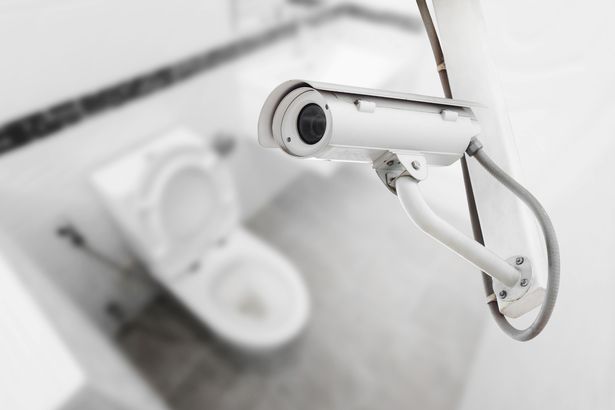An opinion piece
We carry on at our normal study pace in these absurd times. Wouldn’t it be better to take a breath and maybe think about how to do this online learning thing properly first? No, WUR thinks not. Partly because they claim students want to avoid study delay at all cost, but perhaps more importantly, because this would cause enormous capacity problems for WUR: A university which seems to chase growth above all else. But at what cost?
Quality of education
To guarantee minimal study delay for students during corona times, quality of education is sacrificed. Recordings of lectures are offered in which it is impossible to read what the professor writes on the blackboard. Practicals, field work and lab experience are replaced by online modules, and group work has to proceed through webcams on struggling internet connections.
These are the disappointing results from a survey among course coordinators who had to switch to online learning. Less than 20% reports being able to ‘fully’ transfer all content to a digital environment, 40% can transfer ‘most’, 40% is only able to do this ‘partially’ and 5% is ‘entirely unable’. Even without figures on students’ experiences (they didn’t think it was useful to survey those), the current negative impact on education quality is undeniable.
Remote proctoring
And while education quality drops, students are expected to adhere to the same standards of examination that existed before. Apparently, if the quality of education has dropped dramatically, it is the students’ responsibility to make up for it. The newly used method which most closely reflects traditional examination is called remote proctoring and is under widespread national criticism. Students are obliged to sacrifice the privacy of their homes to be able to take exams. They are forced to scan every inch of their rooms to prove there are no cheat sheets in sight. Liabilities beyond the student’s control are deemed their problem. If the internet connection failing, if you have technical issues with the software, or if a neighbour decided to play loud music, WUR decides to not take any responsibility. Students are even required to purchase kitchen timers to notify them when their exam time is over: using a cellphone alarm is forbidden and a built-in timer in the software apparently non-existent. This further illustrates the ‘If you have issues caused by our decisions, solve them yourself’-attitude of WUR.
“It took them weeks to allow a five minute bathroom break! “
There was a small victory after weeks of students complaining about not being allowed to go to the toilet: they can now leave the room for five minutes for a quick bathroom break during their exam. Two days earlier, a WUR spokesperson still argued that there was simply not a solution that would allow for bathroom breaks: “If you do, you have to make it a 15-minute break to allow for the fact that others in the house might need the toilet too. And then some students will communicate with each other. There simply isn’t a good solution to this.”
It would suit WUR better to proactively solve problems, instead of investing their time and energy in denying the problem and its solutions. It took them weeks to allow a five minute bathroom break! Universities across the country have had their exams split into two parts, with a break in between for this very reason, from day one. Did WUR not expect their students to have functioning bladders? Other universities have even implemented alternative methods of examination, such as open book exams. Yet WUR chooses to show profound distrust in their students, frantically believing they will commit fraud at every turn if given the opportunity.
“Yet WUR chooses to show profound distrust in their students”
Looking forward
I fear remote proctoring software might be implemented as a lasting solution for WUR’s capacity issues. I’ve already before been told to stream my lecture at home when there weren’t enough seats for all students to participate live. And what could be a better solution to house more students at WUR, than having them online? There will be no more hassle with lecture rooms, bike spaces, student housing etc. Ultimately, you’ll be just a number and some letters on a screen and the actual student hiding behind will be far away, where it is more convenient.
Before we get to that point, we should strive to bring back a sense of humanity to our university.
Do you also want to send in an opinion piece? let us know at thejester.wageningen@gmail.com

